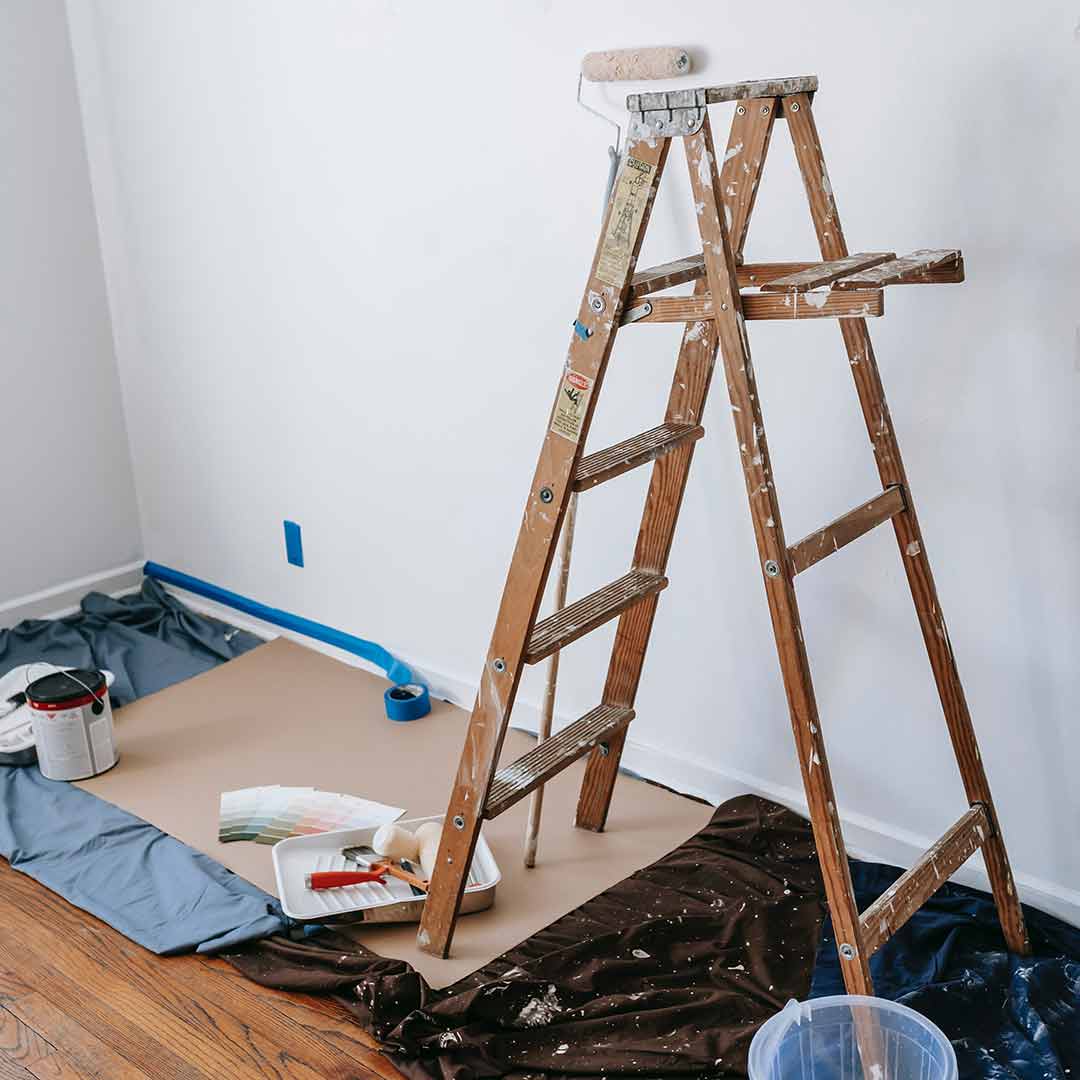Call Johnny | Johnny Rodrigues
Mortgage Intelligence | Agent Level II
Brokerage #10428

Housing upgrades have the potential to leave you underinsured so it is important to always contact your home insurance before starting a home renovation.
Home renovations are trendy right now due to the infusion of popular DIY renovation television shows. Still, housing upgrades involve a certain level of liability that can affect your home insurance. Many homeowners fail to think about their home insurance policies in the excitement of home renovations and find themselves underinsured or in violation of their policies. Neither is a great place to be, but this is an easily avoidable trap if you are upfront with your insurance company before starting a new renovation project.
The good news is that not all housing upgrades negatively affect the price of your home insurance. Some housing upgrades, such as replacing or upgrading your electrical system, can reduce your home insurance costs. Keep in mind that if an upgrade increases the cost of your policy, is it likely because you are increasing the value of your home, which will serve you well down the load. With that in mind, here are a few of the most popular home renovations with the potential to alter your home insurance costs.
Before getting started, it is essential to realize that you may need to purchase an add-on policy to protect you during renovations. A significant home renovation means potentially exposing your home to the elements and the potential risks associated with construction. Therefore, you may need to add on things such as builders’ risk insurance or contractors’ insurance to protect you if any property damage or employee injuries occur during the process. In addition, if you need to live elsewhere during the remodel, you may need vacant home insurance to protect your home. Many insurance plans are void if the occupants have more than 30-60 consecutive days.
Suppose you upgrade your home by adding a new addition such as a new bedroom, playroom, home office, or a mother-in-law suite over the garage. In that case, you will need to contact your insurance company to talk about a new evaluation of your home’s worth. Any time you add square feet to your property, you increase its overall value, which is excellent long-term, but also means you probably need to increase your insurance coverage.
Swimming pools are a tricky addition to a home as they are considered an ‘attractive nuisance’ by many home insurers. While swimming pools instantly add value to homes in many regions, they also add instant risk to the home that insurers have to consider. For this reason, you should contact your insurer before the swimming pool installation to find out the added costs to your policy and their own policy requirements. Some insurance companies won’t cover homes with a pool; others will demand that you install a fence or take other restrictive safety measures to minimize risk.
Not all housing upgrades increase the value of your policy; some may decrease it. For example, removing a pool will often decrease your home insurance costs. By the same token, upgrading or replacing an aging electrical or plumbing system in your home will add value to your home and decrease your home insurance policy costs.